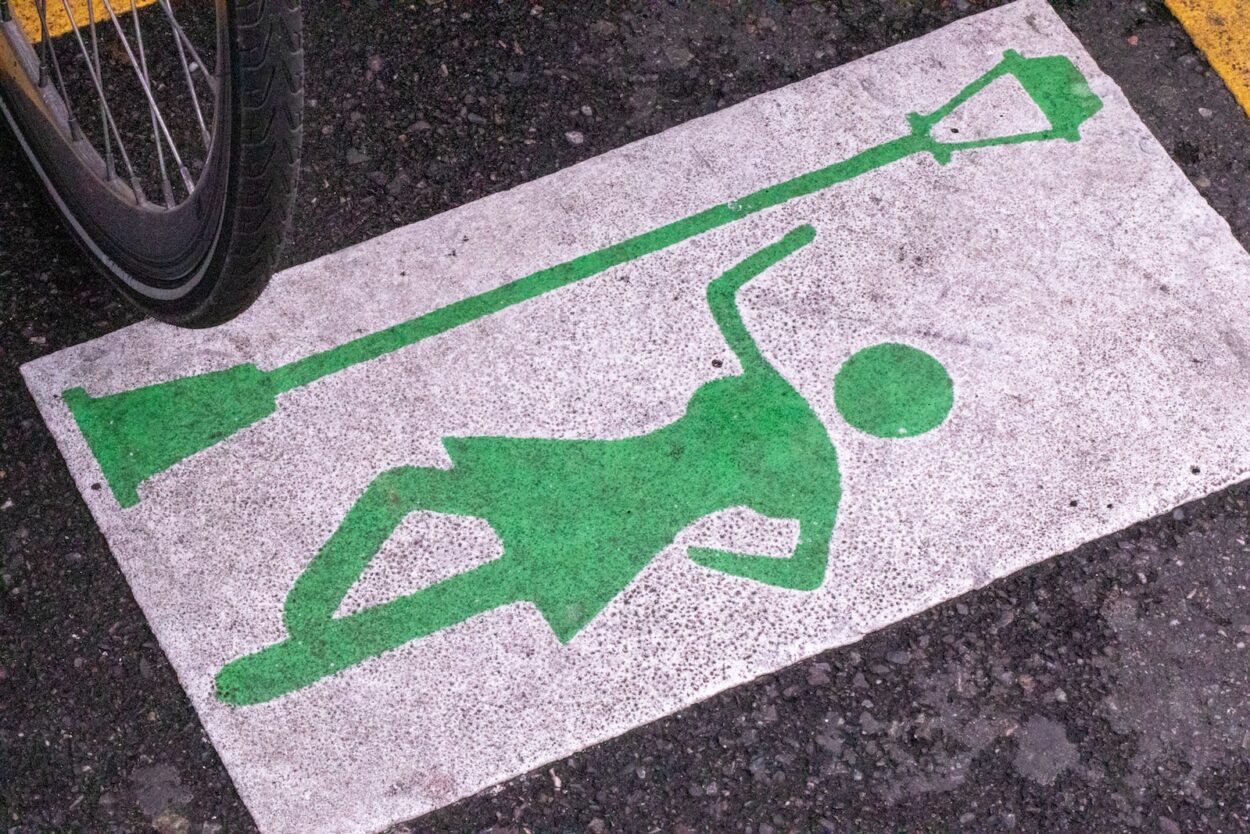Puerto Rico’s economy needs help, and the government has been crowdsourcing ideas for solutions. But some of the proposals may be outlandish, including calls to legalize marijuana and prostitution.
ICE said that Betsian Carrasquillo-Penaloza, 34, recruited, enticed and transported a minor to perform commercial sexual acts. This was part of a larger investigation into child pornography and alien sex trafficking in San Juan.
1. It is a form of commerce
Prostitution is a form of commerce and sex work is a legitimate way for people to earn money. But it also can be a source of violence and sexual exploitation. The government should take steps to protect the rights of sex workers. The government should also support the efforts of groups to destigmatize sex work and provide solutions to gender-based violence.
In Puerto Rico, women and LGBTQ+ activists are leveraging their popularity to push for the decriminalization of sex work. Activists are also calling for greater economic opportunities. But they must also address the root causes of poverty and violence.
The island’s economy is in dire straits. Its unemployment rate is 15 percent, and 45 percent of its residents live in poverty. Many people are turning to sex tourism to survive. But sex tourism comes with its own set of problems. Some men are sexually violent toward sex workers.
While it may seem counterintuitive to link sex tourism with violence, research supports this claim. For example, a recent study found that men who are violent towards sex workers are more likely to be HIV positive. This is because sex workers are often sex partners of AIDS drug users. Moreover, sex workers are more likely to have STIs than the general population.
2. It is a source of income
The practice of prostitution has become a part of the economy in Puerto Rico. It is a source of income for women who work as prostitutes and for men who spend money on sex services. However, it is important to note that there are certain restrictions on this type of commerce, including how the workers are paid and how the clients are screened. The use of cash is also restricted, as it can lead to bribes and other forms of corruption. This makes it a difficult way to make a living in this industry.
Throughout the world, millions of people engage in prostitution. Many countries criminalize the practice, while others do not. The majority of prostitutes are female and over 80% are between the ages of 13 and 25. In addition, many of these women live in poverty. Some are even homeless.
Many women who work as prostitutes say that they do so for their own personal reasons. They may have families to support or they might be in debt. They often have to deal with abusive pimps and customers who treat them like a commodity. However, despite the fact that prostitution is illegal in many places, these women continue to do it. This is because they are motivated by poverty and a desire to support their family.
3. It is a form of entertainment
Women from Puerto Rico are a great source of entertainment, and they are known for their exotic beauty and passionate kissing. Besides, they are well-educated and pay attention to traditional ethics which makes them attractive for men. They are also very strong-minded, and they will not be afraid to stand up for their rights if needed. Moreover, they are passionate kissers and can please their clients with a single stroke of their lips.
Prostitution is not considered a crime in Puerto Rico, and sex workers can earn a living by offering sexual services of their own will. However, pimping or acting as a liaison between sex workers and clients is illegal. This is a major problem, as it prevents sex workers from getting the money they deserve for their work.
The prevalence of HIV and other sexually transmitted diseases is high in San Juan, and it is important to use protection when engaging in sexual activities. Women from other countries are also trafficked into the island for sex tourism and forced prostitution.
A study examining three groups of Hispanic prostitutes found that poverty-related motivations led to risk behaviors. The Dominicans in Washington Heights and Inwood, New York City and the Mexicans in El Paso, Texas exhibited low levels of risk behaviors, while the Puerto Ricans in East Harlem displayed higher levels.
4. It is a source of crime
Prostitution is illegal in most countries, although some have decriminalized it. In these countries, the act of buying and selling sex is legal, but it may be subject to other restrictions, such as registration or the presence of brothels. The laws also vary by country, with some states and territories having stricter rules than others. Despite these differences, prostitution is still a major problem in Puerto Rico and across the world. It has contributed to a number of problems, including high rates of AIDS and STDs.
While illicit drug use is often cited as the source of these issues, evidence indicates that it affects only a small percentage of the population. Furthermore, drug policy interventions that stigmatize drug users and deny relapses as part of treatment have been shown to be less effective than other policies, such as prevention and community involvement.
Using ethnographic interviews, this study compared the risk behaviors of 77 Dominican, 151 Mexican, and 48 Puerto Rican women working in red light districts and brothels. These women’s lives reflected the complexities of their work in these environments, and their HIV-related risks depended on multiple factors. For example, the Dominican and Mexican samples exhibited poverty-related motivations for risk behavior, while the Puerto Rican sample tended to prioritize family values. In addition, all of the samples exhibited some degree of involuntary movement within their networks, which is characteristic of human trafficking.




Leave a Comment